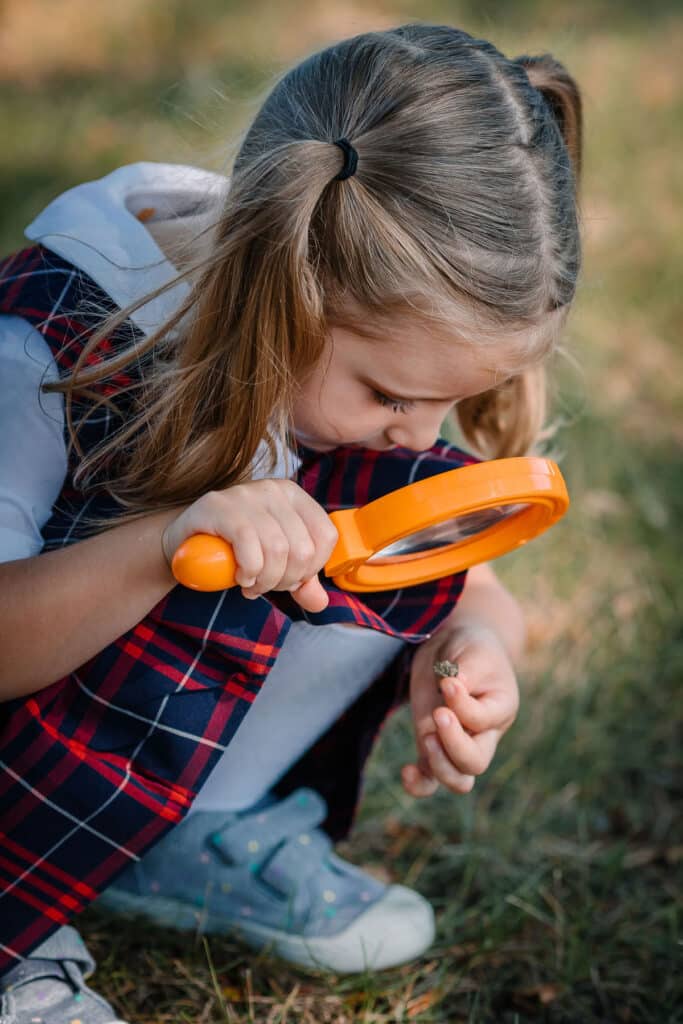The Clapham Model
Our model reflects our mission.
The Clapham model is reflected in our mission to inspire students with an education that is Christian, classically informed, and full of joyful discovery. A classical education emphasizes a three-tiered format know as the Trivium.
The Trivium consists of...
Grammar
Logic
Rhetoric
Classical in
content
We study classic literature, art, music, and all the liberal arts and sciences.
Children familiar with great thoughts take as naturally to thinking for themselves as the well-nourished body takes to growing.
Charlotte Mason
Classical in
Method
We train students in the skills of memorizing, speaking, discussing and writing – also known as the liberal arts of the Trivium.
Is not the great defect of our education today… that although we often succeed in teaching our pupils ‘subjects,’ we fail lamentably on the whole in teaching them how to think: They learn everything, except the art of learning.
Dorothy Sayers
Classical in
Purpose
We prepare students for life-long learning and servant-leadership in the world.
A heart of humility, love, and respect is more important than a head full of knowledge.
Clapham Student
Our Mission
Clapham School inspires students with an education founded on a Christian worldview, informed by the classical tradition, and approached with diligence and joy.

Our Learning Environment
Students learn in an atmosphere free from artificial distractions, behavior charts, and prizes. Instead, beautiful artwork, plants, inspiring quotes, and music fill our classrooms, and children learn simply for the joy of learning. At the same time, they are called on to work hard and learn to confront challenges with grit and perseverance, while grounded in an atmosphere of supportive relationships with teachers, peers, and coaches.
The Charlotte Mason Method
"Children familiar with great thoughts take as naturally to thinking for themselves as the well-nourished body takes to growing."
CHARLOTTE MASON

